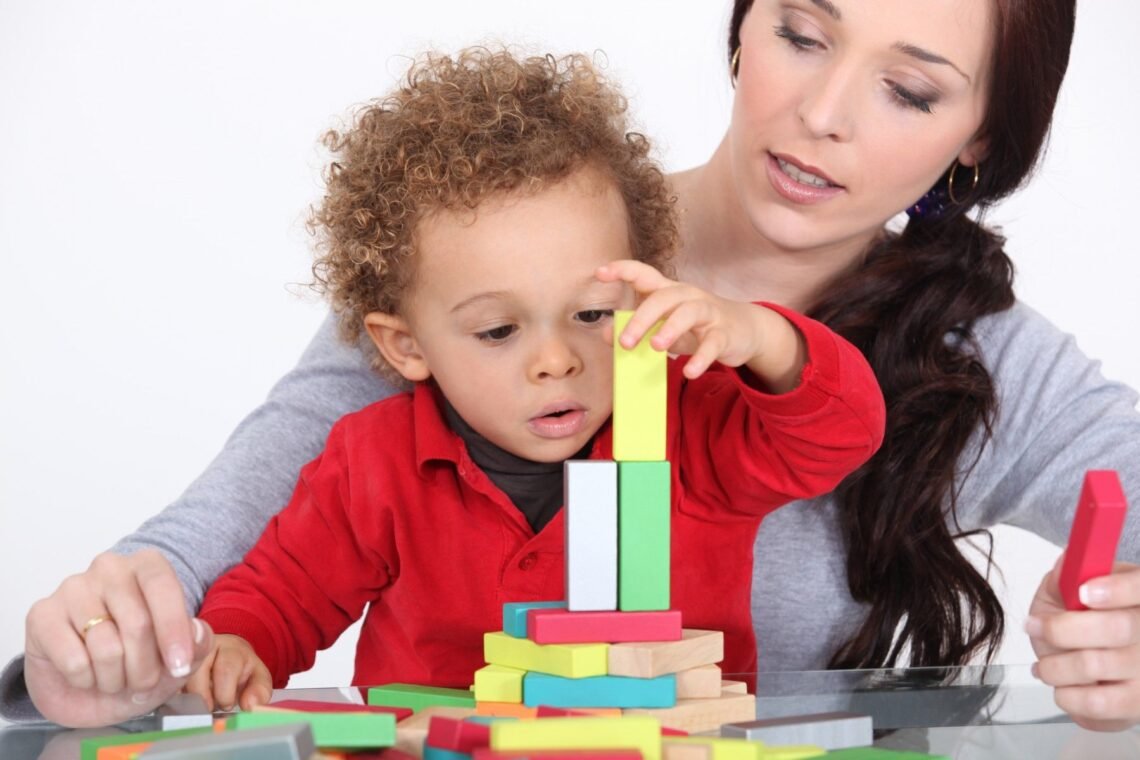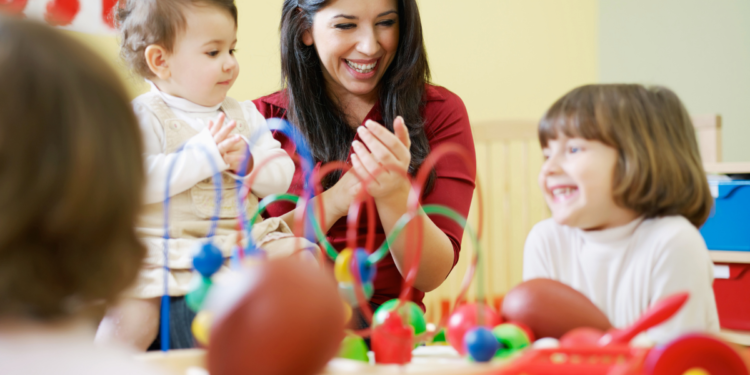Here, from babies in a moment they have already become children 1 year of age! They grew up so fast and now we wonder what is the behavior and development of a 1-year-old baby.
As we know, the indicated stages are indicative, because each child has his own cognitive and psychomotor development. So we will have children who arrive first at some stages of behavior and others after but we will not have to worry immediately.
Behavior And Development

Babies at 1 year old begin to develop different characteristic behaviors typical of all children in this age group which are:
- the sense of possession;
- wanting to do everything alone like eating alone;
- if they have already begun to speak they could begin to express themselves with the word “mine”;
- they may start wanting to put on socks and shoes on their own;
- they empty boxes and drawers and then want to fill them up again;
- they stand alone and take steps alone or lean against furniture.
Relational and cognitive development together with language is accentuated more and more making great evolutions.
Reading Suggestion: Best Colic Drops for Newborns
The child will demonstrate:
- shyness or nervousness in the presence of strangers
- fear in some circumstances
- preferences towards particular games or people
- greater affection by stretching the arms around the neck
- cry when mom or dad walks away
He will make himself understood when he is thirsty by pointing to the glass, he understands the no and begins to mention words like mom and dad, water, baby food, and in any case those that are repeated more often.
What To Teach

What can be taught to a 1-year-old child? What is it already capable of doing?
Given the child’s cognitive and motor development, upon reaching 1 year it is possible to teach interlocking games, to climb stairs always held by the hand and with particular attention by the parent.
By equipping yourself with cardboard and water-based and washable colors, it is possible to teach the child to color and draw.
A 1-year-old child can start reading fairy tales, such as bedtime stories, illustrated by showing the images and explaining what they are.
It is important to talk to 1-year -olds as much as possible, so as to enrich their vocabulary and encourage them to express themselves more and more.
Montessori games in teaching are very useful and allow the child’s cognitive-behavioral and creative development.
In this age group, it is also possible to begin to establish rules, such as teaching them to fix the games after they have used them, playing them in the form of a game, and above all playing them with them.
Finally, it is possible to teach them to wash their hands, their face, and if they have put their first teeth, also to wash them.
Read Also: How To Introduce Baby Yoga











